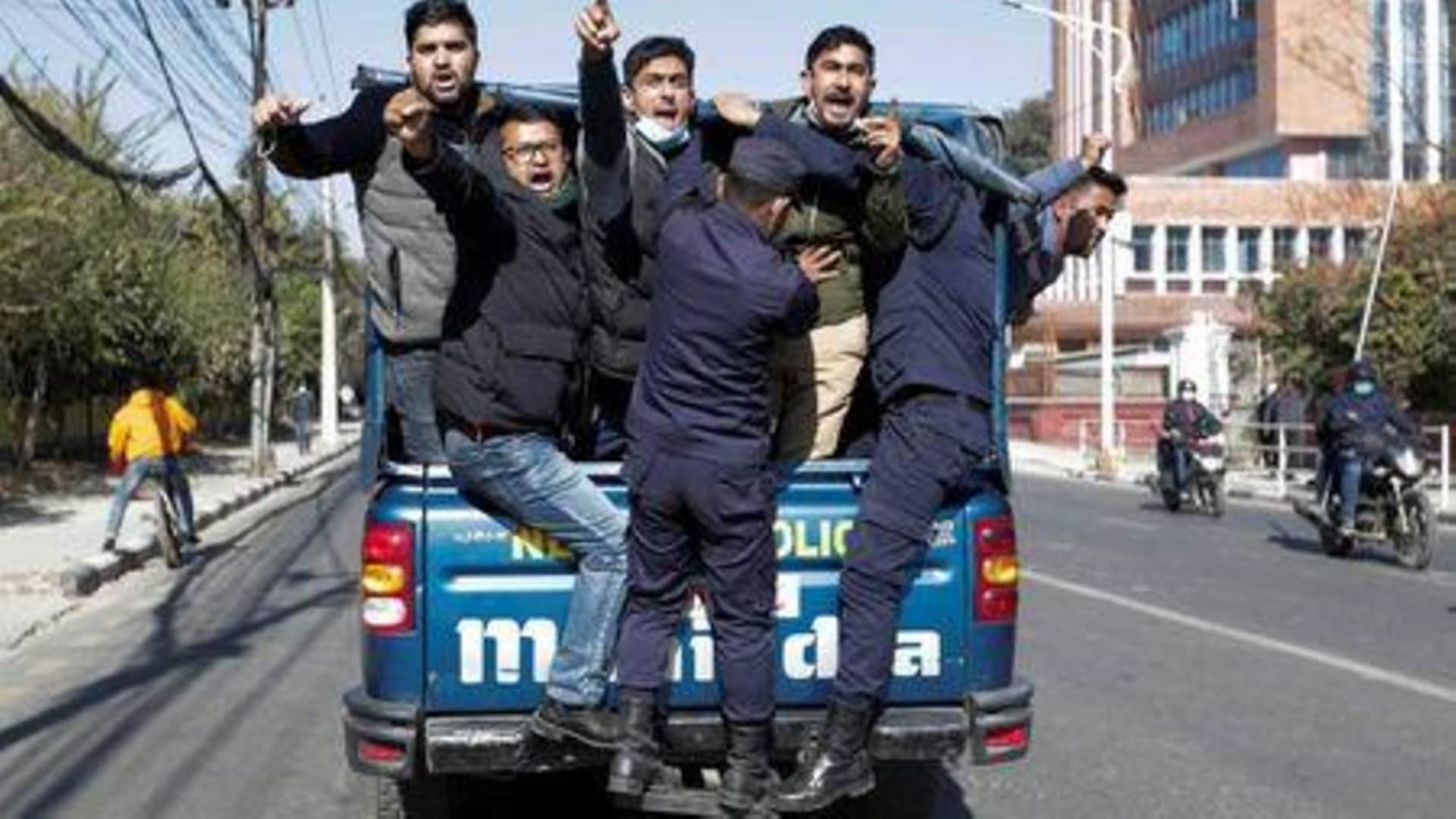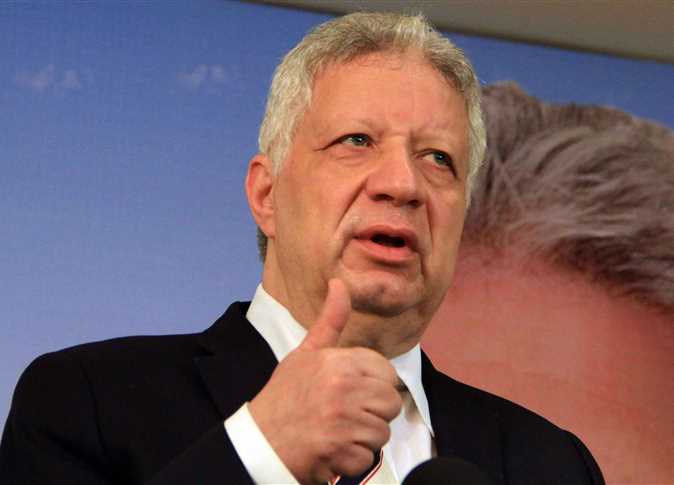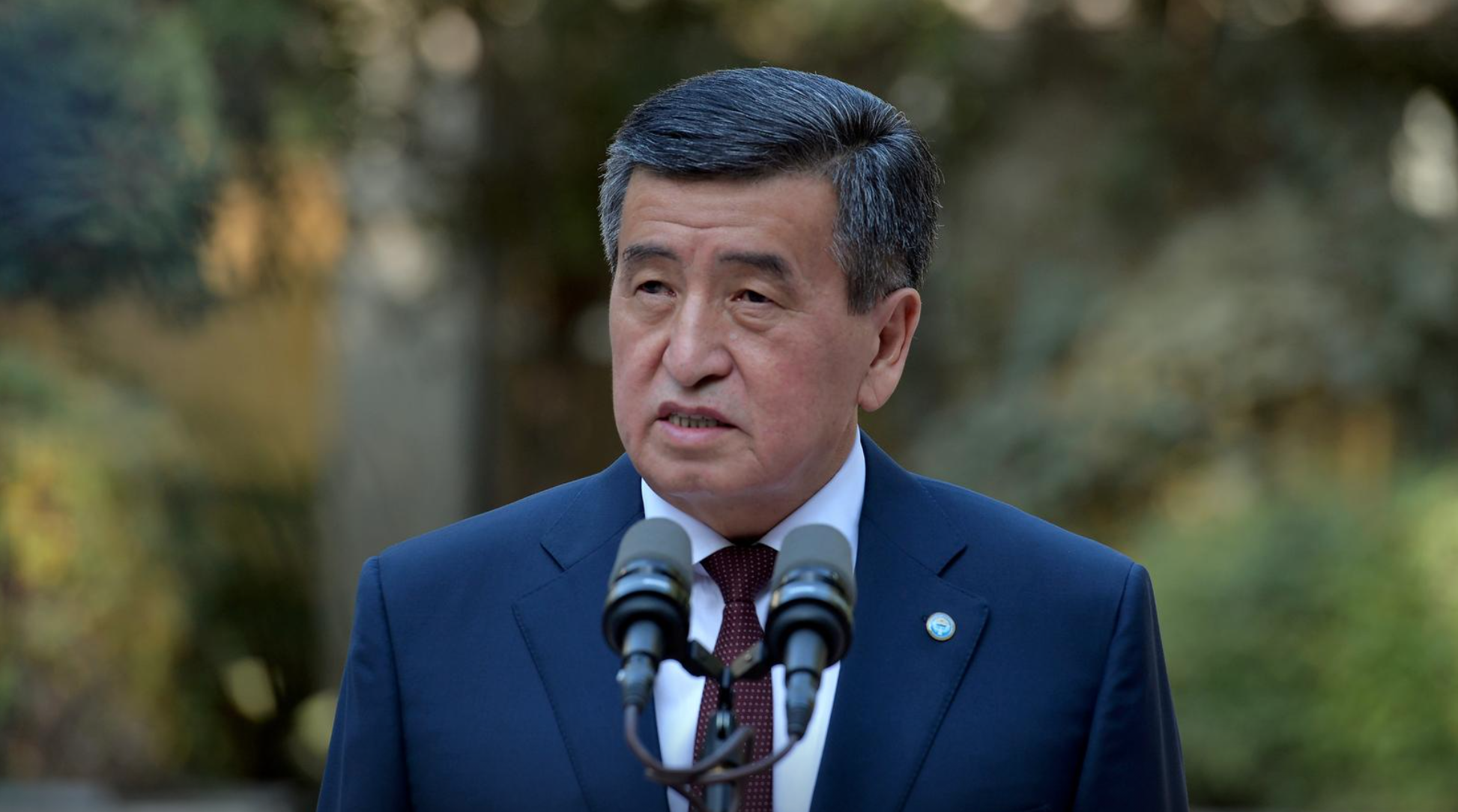Polling stations opened Tuesday morning to receive more than 14 million voters eligible to vote in the third and final round of People’s Assembly elections, which began on 28 November. Elections for this phase are being held in nine governorates: Daqahlia, Gharbiya, Matrouh, Minya, New Valley, North Sinai, Qalyubiya, Qena and South Sinai. Supervising judges and polling station workers began work at 8 am at the 7,210 polling stations that will receive voters.
In the third round, 2,754 candidates are competing for 150 People’s Assembly seats, with 1,213 running for list-based and 1,541 for single-winner seats. Runoffs are scheduled to takes place on 10 and 11 January.
The Muslim Brotherhood’s Freedom and Justice Party (FJP) and the Salafi-led Nour Party electoral lists have led in the polls during the first two rounds.
Yousry Abdel Karim, head of the technical bureau of the High Judicial Elections Commission, said the commission is seeking to avoid flaws that were present in the first two rounds. He noted that 12,000 judges had been supervising polling stations in those rounds.
8:25 pm: As polls began to close in the city of Mansoura, the campaign manager for the Revolution Continues Alliance told Egypt Independent that he considered it "a great first day of elections, as there were very few problems or election violations."
Outside the School of Arts at Mansoura University, the father of Mohamed Selim, a martyr killed in Mansoura on 28 January, told Egypt Independent that he too was pleased with the elections thus far. According to him, being able to vote in the third round was a clear advantage in that voters "had more time to think and figure out who they wanted to vote for."
A campaign coordinator for the Muslim Brotherhood's Freedom and Justice Party in Mansoura told Egypt Independent that the party's two candidates for the individual seats were going to be clear winners, as no candidate, according to him, has comparable strength in the district, which is composed mostly of farmland and is located outside Mansoura.
5:30 pm: Rafah, the North Sinai town on the border with Gaza, saw the highest level of turnout in North Sinai with poll stations seeing voters coming late in the day. The military presence is also massive, with tanks stationed in the town and APCs in front of the polling stations. There is a more visible Islamist presence, mainly Salafi and supporters of the Nour Party, in Rafah.
Mohamed Ahmed is a first-time voter who along with his wife will give his vote to Nour because they are the most "disciplined," he says. However, Ahmed believes that participating in elections is forbidden by Islam because "there is no history of elections in the stories of the Salaf (ancestors). Leadership is appointed," he says. The reason Ahmed went to vote is so as to avoid the fine for not voting.
3:45 pm: The low turnout in Sheikh Zowayed, a North Sinai town not far from the Gaza border, is consistent with the relatively low turnout throughout North Sinai.
But those turning up are happy with the process and the new voting system.
"The new system is more complex, but it's better because it means more participation for the parties and better representation," Alaa Mohamed Ali, a voter, says.
The elections are more poignant for Fathy Abu Hajj, whose brother Ahmed was killed 28 January.
"Ahmed died for freedom, and we just want our dignity after the years of bad treatment by security forces. We want peace and security, and we need someone in parliament who will look out for us," he tells Egypt Independent.
Candidates also feel satisfied with the election process. Mohamed Abu Hani, who tops the Conservative Party list, says that even though turnout is slightly low, "these are the first elections in a new era."
There is a huge military presence in the area. Tanks, armored vehicles and troops are stationed at polling stations, and checkpoints are set up on the main road.
3:30 pm: In Mansoura, the first district in Daqahlia Governorate, voter distribution at polling stations has been very imbalanced. Just before 2 pm at Al-Bahr al-Saghir primary school, about 300 voters have lined up outside. Meanwhile, only five people are present at Sidi Younis primary school, another nearby polling station.
There have been fewer reports of continued campaigning, compared to earlier rounds of voting. Outside Ezbet Akl primary school, however, a FJP tent has reportedly opened and closed intermittently to distribute cards bearing the party's name.
One man, Anwar al-Sayyed Abdel Salam, says he showed up at his polling station only to find that his name had already been signed and checked off the list. While Egypt Independent tried to interview the elderly man and his daughter, who had brought him to the polling place, the army ordered all photography to cease and forced them to leave the area.
3:15 pm: At about 10 schools in Tanta, the capital of Gharbiya Governorate, voter turnout is higher than it was for the 2010 parliamentary elections, but not as high as in Cairo during the first round of the current parliamentary elections, according to an Egypt Independent reporter who has covered both.
Men seem to be voting in greater numbers than women, but lines are not long at any polling station. The Nour Party seems to have the most campaign presence, with bearded Nour representatives standing outside of most polling stations. The FJP is also active in the area.
3:10 pm: In the first constituency in Gharbiya, the FJP and Nour Party continue their electoral campaigning in front of polling stations.
Moataz Abdel Khaleq, secretary for the Nour Party, has filed a report against the FJP, accusing it of violating election rules. It has also accused the judge at Mostafa Heshmat school in Tanta of telling voters to pick FJP members.
The Brotherhood, meanwhile, has responded by lending its support to the Wafd Party candidate for the professional single-winner seat, Mohamed al-Fiqqi, to bring down his Salafi rival, Mohamed Meshal.
FJP and Nour had agreed that FJP would not field a candidate for the professional single-winner seat. However, on Monday, the Brotherhood announced its support for the Wafd Party's candidate instead.
At Hesset Shebshir school, the judge stopped the vote after the Nour Party complained that the Brotherhood was campaigning at the polling stations. Voting has resumed since the army expelled the Brotherhood's representatives.
The Brotherhood, meanwhile, has filed a complaint with the judge in Mahad al-Azhary, accusing the Nour Party of distributing campaign leaflets at the stations. Again, the army interfered and kicked out the Nour Party representatives.
Several candidates in Gharbiya have withdrawn from the parliamentary race, including Salam Party candidates running in the first constituency.
In the same constituency, Mohamed Yousry, the third candidate on the Modern Egypt Party list has also pulled out of the vote.
Mohamed Youssef Ayad, the Egyptian Bloc's candidate for the professional single-winner seat, withdrew from the polls after his name was moved down on the voting card. He also filed a complaint with the administrative court.
In Gharbiya's second constituency, the head of the polling station has expelled Egyptian Bloc representatives because they were telling voters to choose certain candidates.
Outside, a fistfight broke out between Egyptian Bloc and FJP supporters over campaigning, causing the army to intervene.
3:00 pm: A judge supervising two polling stations in the village of Batta, north of Qalyubiya, has halted voting, citing FJP supporters campaigning illegally inside the polling stations. Batta is the birthplace of Mohamed Desouky, who heads the FJP's party list there.
Meanwhile, activists from the April 6 Youth Movement have accused a polling station employee in the city of Qalyub of guiding voters to vote for certain candidates.
April 6 activists have also accused supporters linked to Mohamed Ramez, a candidate for the Egypt National Party and former member of the dissolved National Democratic Party (NDP), of assaulting them at a polling station in Qanater al-Khairiya.
Campaigning by the FJP and Nour Party supporters has resumed outside the polling station in Saad Zaghloul school in the capital of Banha and Salah Eddin school in Qalyub.
2:30 pm: Ehab Ramzy, a Freedom Party candidate in Minya’s first constituency, has filed two police reports against judges supervising one polling station and FJP supporters campaigning illegally. The Freedom Party is dominated by former NDP members.
Ramzy accuses judges at polling station number 637 in Kom Matay of taking advantage of voters' weak education to direct them to vote for FJP candidates.
In the other report, he accuses FJP supporters of continuing to campaign in front of police stations and setting up tents near polling stations in the villages of Samallout and Bandar al-Minya.
Ramzy also complains that his representatives have not been allowed into polling stations despite being authorized to represent him.
Voting in the Gazayer area of Samallout, which has six polling stations, did not start until 10 am, Ramzy tells Al-Masry Al-Youm. Ramzy says he expects Islamists to take 70 percent of Minya’s 16 available seats.
"Copts in Minya are divided between voting for candidates and lists of the Egyptian Bloc and Freedom Party," he says.
Ramzy denies having accompanied his brother Hany Ramzy, an actor, during campaigning and accuses the FJP of spreading the rumor that he has.
He also accuses political parties of refusing to nominate Copts on their party lists, since they believe they lack popularity.
Minya's first constituency includes the cities of Minya, Samallout, Matay, Bany Mazar and Maghagha.
1:45 pm: Voters in some of the polling stations in Daqahlia's third constituency have been seen voting together at the Sherbeen secondary school for girls.
Six other polling stations opened an hour behind schedule because candidates' representatives arrived late.
Campaign posters for the FJP and Nour Party can be seen at most polling stations in Mahallet Demna township.
The Nour Party is driving through villages with loudspeakers to campaign in Kafr al-Teen, while the FJP has put up campaign posters near a canal in the township of Mahallet Demna to avoid having them torn down by the army.
Supporters of both parties are present outside polling stations to help voters find their voting numbers. They are also using motorbikes, tuk tuks and microbuses to transport voters to polling stations.
Some popular committees have put up tents to help voters find their polling stations.
1:00pm: In Bir al-Abd, a small town located 70km from the North Sinai capital of Arish, the one polling station is empty.
12:25 pm: At the Masaeed school in the North Sinai capital of Arish, turnout is fairly representative of the small population that lives in the area. Voting has been calm thus far.
The majority of campaign posters that can be seen support the Nour, Wafd and Wasat parties. The FJP appears to be less present here than in other areas of the country.
As in Cairo, people are stationed outside polling stations with laptops to help voters find out their station numbers. They are not disclosing the parties, if any, to which they belong.
12:15 pm: In Matrouh Governorate, voter turnout has been average in the first few hours of voting, particularly among women.
Some polling stations opened a half-hour to one hour late, such as those in the Bahethat al-Badiyah and Sidi Raheem schools.
Polling stations are secured by police and army forces and most appear to be well-organized. Army forces have torn down illegal campaign posters at some polling stations.
12:10 pm: The High Judicial Elections Commission (HJEC) has received more than 35,000 polling-related queries on its website, the Administrative Development Ministry says.
The ministry notes that the HJEC website has a database of 5,384,000 voters, representing Egypt's total electorate for all three phases of elections.
The questions mainly revolve around list-based and single-winner constituencies are divided, as well as the locations of polling stations, Ashraf Abdel Wahab, a senior ministry official, tells Al-Masry Al-Youm.
12:00 pm: In its first report on the third round's progress, the One World Institution and Human Development Organization on Tuesday morning says its observers found the names of deceased citizens registered on electoral rolls in North Sinai.
According to the report, most of the deceased citizens listed had died before the process of voter registration began. The report goes on to say that some of the deaths date back to 2005 and 2009. The report says this “raises questions on the method, mechanism and regulations involved during voter registration."
11:40 am: Medium turnout is reported at Minya's polling station. Voting was delayed at several stations from a half-hour to one hour as judges arrived late, especially in the Delja and Tanda villages.
Mohamed Gamal, the Egyptian Current Party candidate running for a single-winner seat, says his rival Abul Ela Mady, head of the Wasat Party, is not registered on voting ballots in Minya, but is registered in Cairo’s Moqattam suburb.
11:25 am: Mohamed Gamal Abdel Hamid, a candidate in Minya's first district from the Egyptian Current Party — a youth-based, pro-revolution Islamist party — told Egypt Independent that he saw a judge sitting outside the polling station of Saad Zaghloul school while candidates' campaigners were mingling with voters and influencing their choices inside.
Abdel Hamid said he had already written a complaint and was about to file it with the HJEC. The 25-year-old parliamentary hopeful also complained that Nour and the FJP were violating the ban on electoral campaigns by distributing leaflets with their candidates' names outside polling stations.
11:15 am: In North Sinai, some polling stations have opened an hour late, while others are witnessing low voter turnout.
Voters are complaining about what they describe as a poor distribution of voters. They say some polling stations have only dozens of registered voters, while others have thousands.
In North Sinai, Governor Abdel Wahab Mabrouk says the governorate's tribal nature necessitates the adoption of special security measures to avoid clashes between supporters of different candidates.
Egyptian authorities have closed the North Sinai Rafah crossing to Gaza for the two days of elections. An official at the Rafah crossing tells MENA that the crossing will reopen on Thursday.
11:00 am: A judge has expelled candidates' representatives from two polling stations in Minya's Malawi district, according to a FJP statement. In the same statement, the party points out that three polling stations in Minya's Maghagha district remain closed because judges have not shown up yet.
10:45 am: In Shubra al-Kheima, a neighborhood that is part of greater Cairo but falls within Qalyubiya Governorate, turnout is low, with some polling stations almost empty.
Some campaigning is visible, with representatives from the Nour Party trying to turn voters away from the FJP outside of the Farnawany primary school.
Not everyone is convinced, though. "Of course I am voting for FJP," says one female voter. "They have an honorable history and political experience. We have hope that they will improve things here."
As it did in previous rounds of elections, the FJP is setting up tables outside polling stations to help voters figure out where to vote. According to electoral laws, campaigning is banned in the 48 hours before and during elections.




